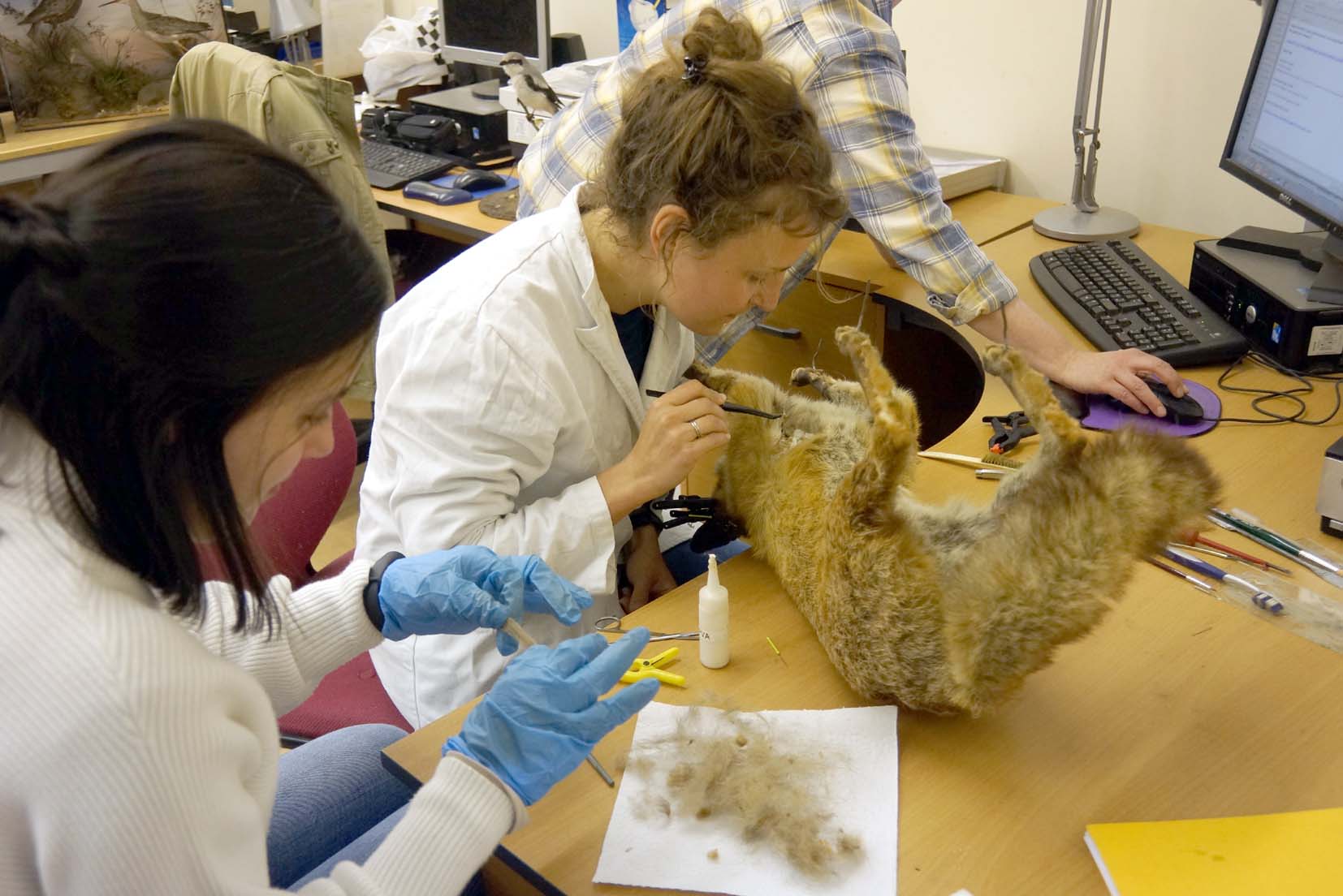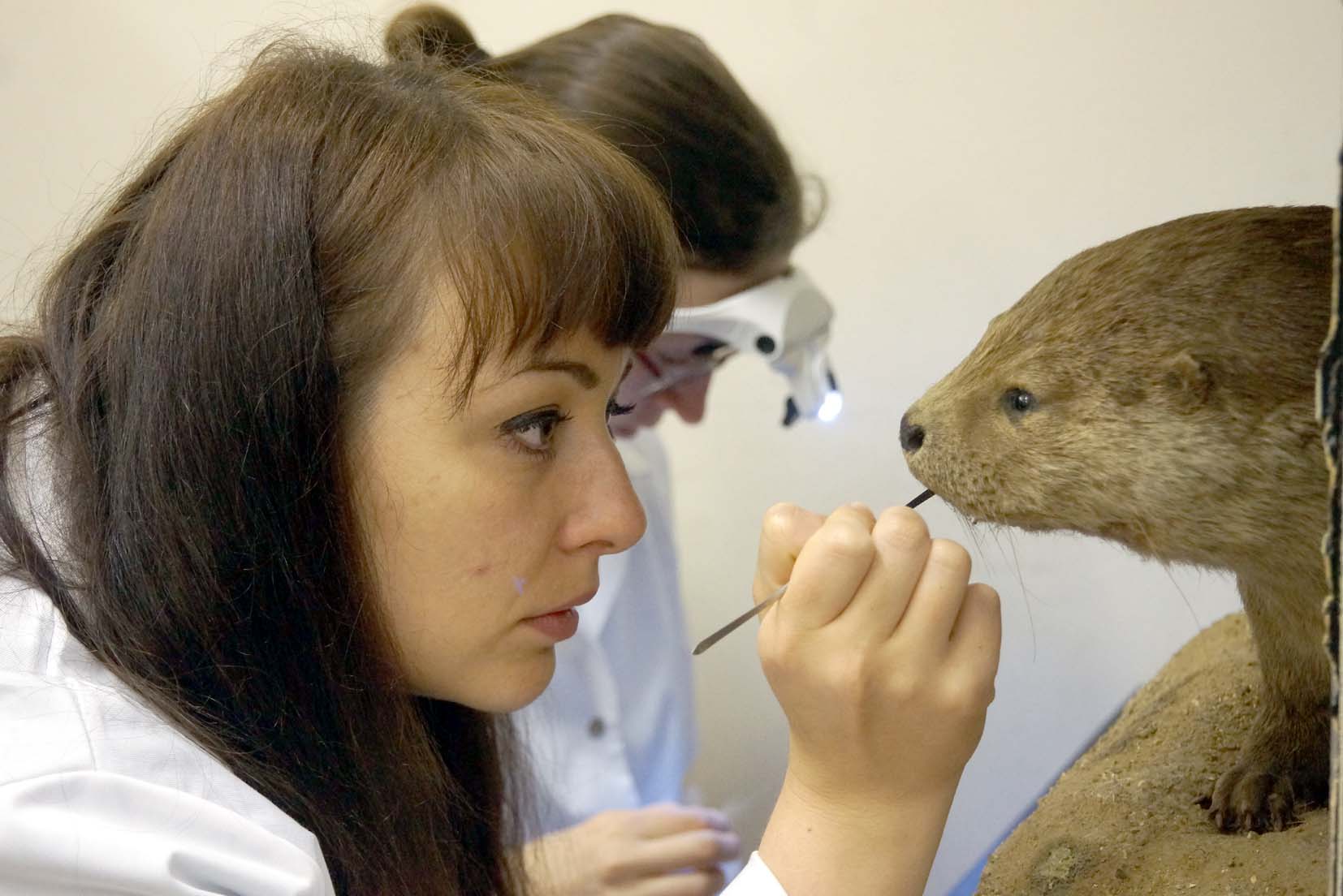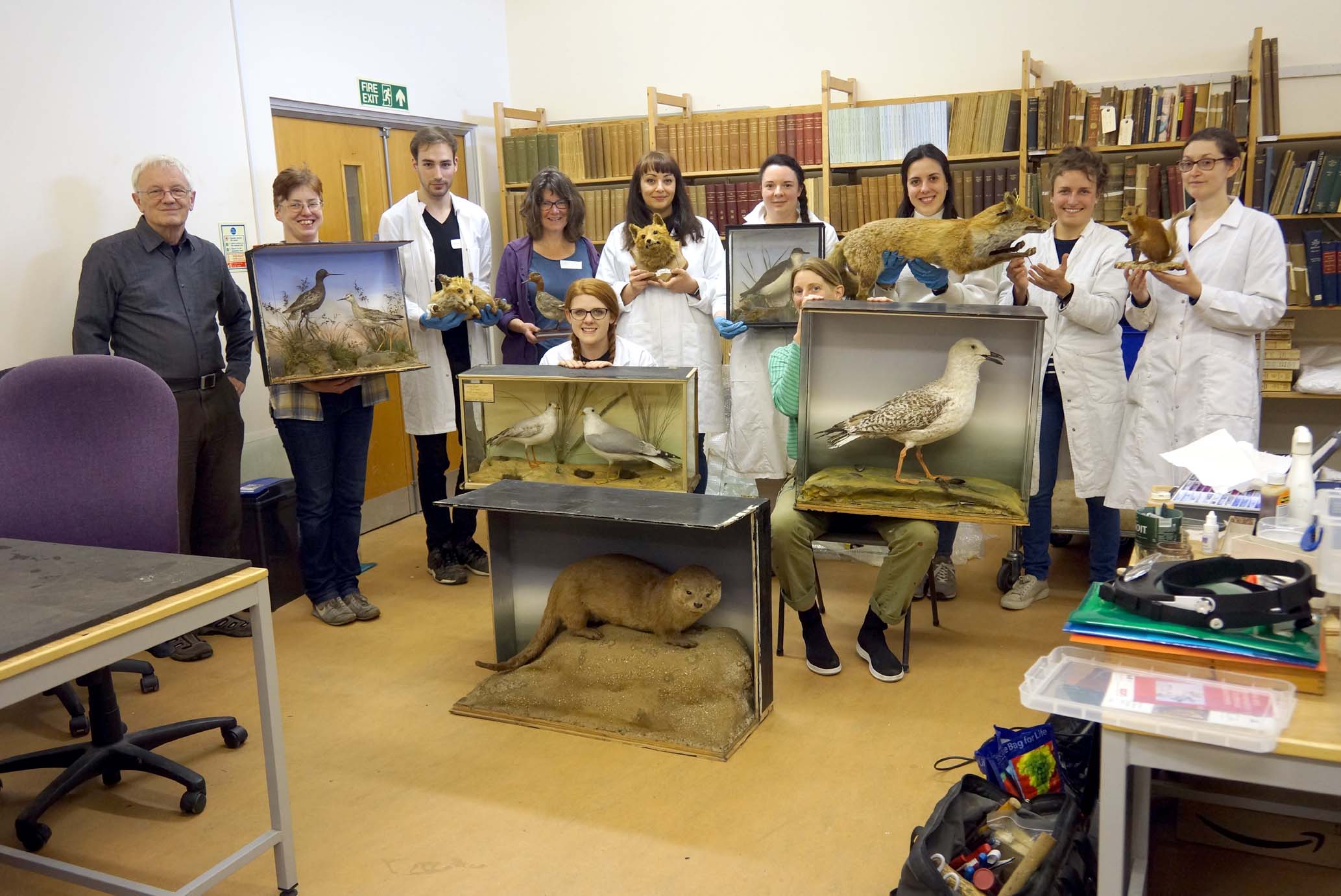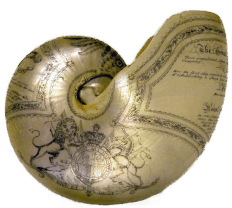Cost: £300.
Host: Simon Moore MIScT, FLS, RScI, ACR, Conservator of Natural Sciences.
Email: couteaufin@btinternet.com
Grant-aid can be sought from your local regional museums service for up to £500. For south-east UK: www.southeastmuseums.org
Travel: The Gill Nethercott Centre (Whitchurch, Hampshire, RG28 7HP, UK) is situated just by the Silk Mill car park, just south of the small island in the River Test.
The nearest airport is Southampton and Heathrow airport is about an hour East by car. For accommodation there are not many hotels except the White Hart which is very central and about 250 metres from the course venue. Otherwise look for B&Bs in the area. Whitchurch has its own rail station from London Waterloo.
Schedule
 Day 1.
Day 1.
10.00 start. Introductions, local logistics, fire-exits, risks, allergies (please advise Simon Moore prior to course), loos and house Health & Safety rules.
Power-point of course outlines, problems &c – this will outline the course, some of the problems you are likely to encounter.
Introduction to projects – the idea is that each student should tackle as wide as possible the different techniques involved rather than just settle on one particular specimen/problem.
Look at pest damage as this is the most usual (pests are introduced during the PowerPoint presentation).
How to prevent pest damage – basic Integrated Pest Management (IPM).
Ethics of Conservation vs. Restoration – how far should one go remedially?
Other deteriorative mechanisms – humidity, temperature fluctuation will also be mentioned, along with fading.
How to manage these problems (preventive conservation) and remedy the resultant damage.
Practical sessions begin with selecting suitable specimen for treatment/s.
Tea/coffee break at agreeable time.
Lunch (1 hour) is not provided and you are advised to make own arrangements, either local shopping or there is a baker / sandwich shop on the corner of the Square (just by the White Hart Hotel) and there are 3 small supermarkets.
Afternoon continue with practical work until c. 17.00
Likely projects: cleaning fur and feather. Replacing unsuitable/missing glass eyes. Dressing/rehydrating dried areas of skin and other keratins, including claws, beaks. Treating rusted armatures. Dealing with fat-burnt areas. Dealing with pest-damaged areas. Transplanting fur swatches. Straightening bent feathers, repairing broken/damaged feathers. Replacing damaged armature parts.
Cases (if available) and you are permitted to bring your own (not too large please!). Opening cases that are sealed with tapes and/or framing beads. Repairing case backs that have shrunk and split.
Discussion on pest fumigants.
Day 2: 09.15 start

Practical sessions, continue working in more advanced problems once the student has required the basic knowledge and skills. Try some needle felting for repairing / restoring bald patches of fur. Fur transplanting – useful to restore bald areas of fur especially on skin rugs. Uses of Japanese tissue (Gampi) to restore missing areas of skin, claws and beak sheaths; repairing pest-damaged feathers and restoring damaged mammal ears. Painting in of restored and gap-filled areas.
Day 3: 09.15 start
Practical sessions continue leading to a gradual completion of each project (you may have several by this time).
Replacing case framing beads, suitable lacquer for painted areas.
Final group photo before departure.
Brief verbal assessment of how students have coped with the course (time permitting).
Please bring with you if possible: lab coat, digital/phone camera, small hair-dryer, dissection instruments (including an old toothbrush) and artist paintbrushes. These will be provided for use but if you can bring some it will be most helpful.
** Please note that lunches are not provided and you will have to buy these yourself or bring your own. Tea, coffee and biscuits will be provided.
Please advise Simon of any personal allergies that you may have and also request a schedule if you require one in advance.
Due to dietary complications these days, lunches are not provided. A certificate of successful attendance will be issued following the course.
Full handouts (including risk assessments) are included in the cost but not accommodation.
If you wish to attend the course please email Simon Moore for more details and the registration form: couteaufin@btinternet.com

